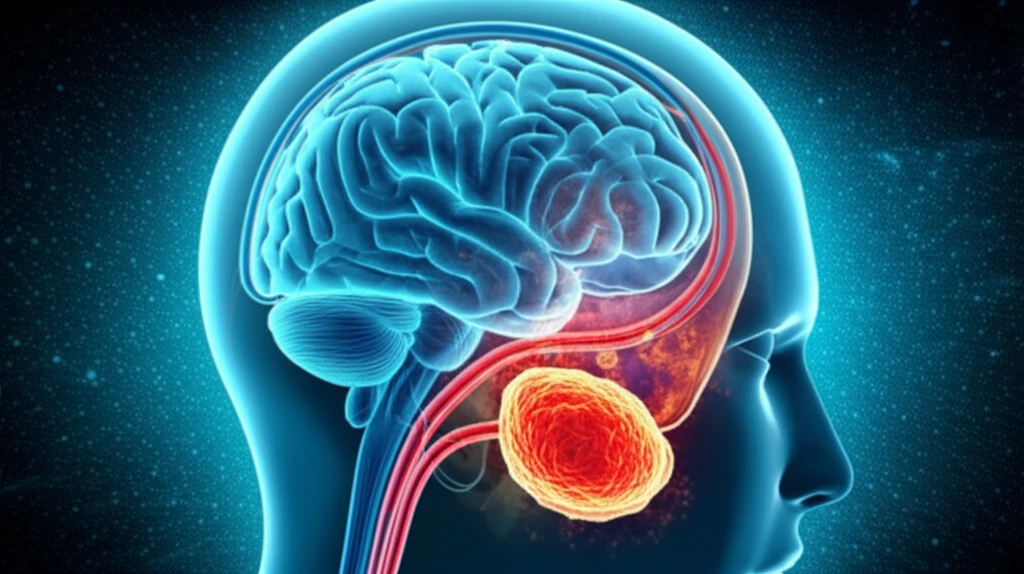
The Depression-Cancer Connection: How Your Mental Health Impacts Prostate Cancer Growth
"Emerging research unveils the surprising link between depression, immune response, and prostate cancer, offering new paths for treatment and support."
Prostate cancer remains a leading health concern for men, characterized as the most commonly diagnosed cancer and the third leading cause of cancer-related deaths. While medical advancements continue to improve treatment outcomes, the impact of psychological factors, particularly depression, is gaining increasing attention. Recent studies suggest a significant interplay between mental health and prostate cancer progression, revealing that psychological depression isn't just a co-occurring condition but a potential catalyst in the advancement of the disease.
Fundamental research has illuminated how chronic stress, a close relative of depression, can foster prostate cancer development by inhibiting apoptosis, a crucial process for eliminating damaged cells. This understanding has prompted scientists to investigate the pathways through which psychological depression might influence the body's defense mechanisms, particularly within the tumor microenvironment.
Now, groundbreaking research published in Clinical Cancer Research sheds light on the intricate relationship between depression and prostate cancer. The study uncovers how depression-induced neuropeptide Y secretion promotes prostate cancer growth by manipulating the immune system, specifically by recruiting myeloid cells. This article will explore these findings, offering insights into potential therapeutic strategies and emphasizing the importance of mental health in cancer care.
Decoding the Link: How Depression Fuels Cancer Growth

The groundbreaking study published in Clinical Cancer Research reveals that psychological depression significantly alters the immune landscape within the prostate tumor microenvironment. Researchers discovered that depression promotes tumor-associated macrophage (TAM) infiltration, which accelerates cancer progression. This infiltration is driven by the mobilization of monocytic myeloid-derived suppressor cells (Mo-MDSCs) from the spleen, indicating a systemic immune response influenced by mental state.
- Depression Activates Immune Cells: Psychological stress triggers the mobilization of specific immune cells (Mo-MDSCs) that infiltrate the tumor.
- Neuropeptide Y (NPY) Drives Infiltration: NPY secreted by cancer cells attracts macrophages, promoting their accumulation within the tumor.
- IL-6 and STAT3 Amplify Cancer Growth: The interaction between NPY and macrophages leads to the release of IL-6, activating the STAT3 pathway and accelerating cancer cell proliferation.
Hope on the Horizon: New Therapeutic Strategies
This research offers promising avenues for therapeutic intervention. By targeting the sympathetic-NPY signal, scientists may be able to disrupt the vicious cycle that fuels cancer growth in depressed individuals. This could involve using beta-adrenergic receptor blockers to prevent NPY release or developing NPY inhibitors to reduce macrophage recruitment and IL-6 secretion. These strategies, combined with standard cancer therapies, could offer a more holistic approach to treating prostate cancer, particularly in patients struggling with mental health challenges.
